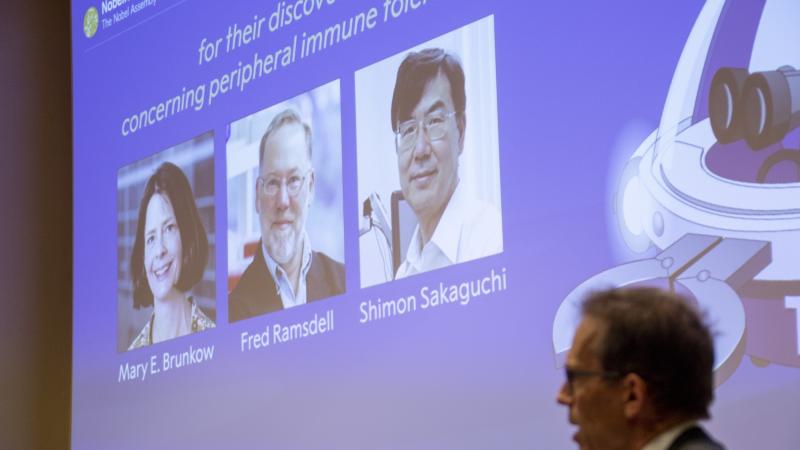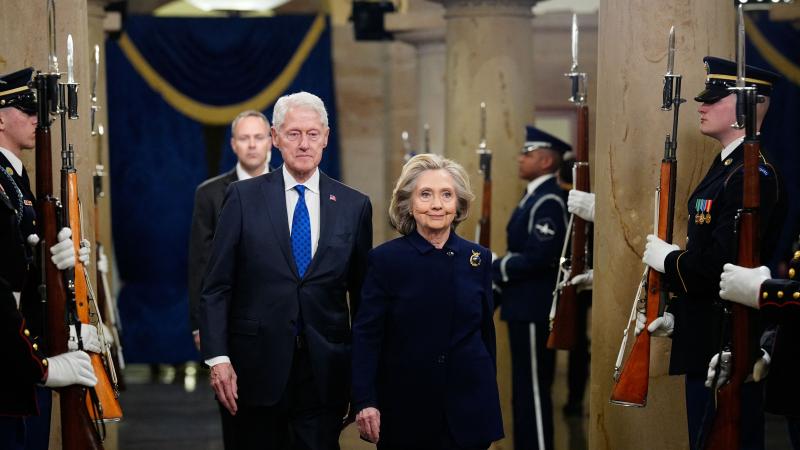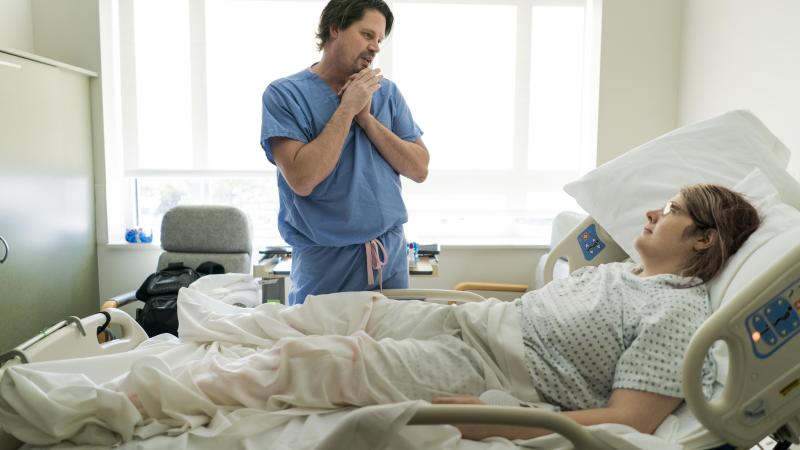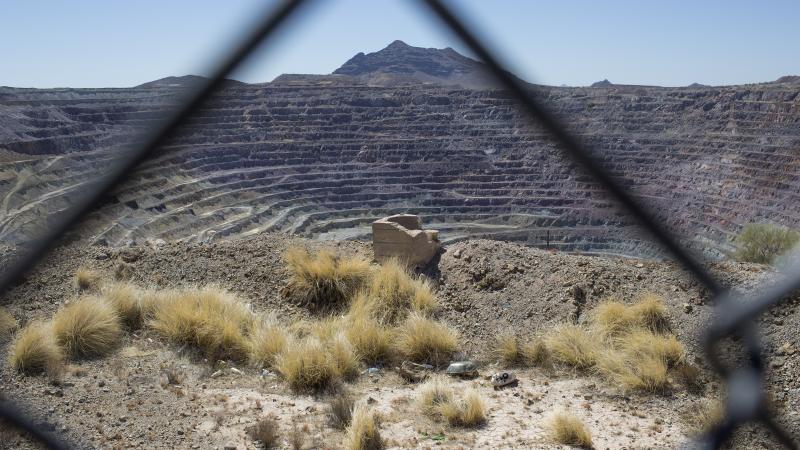Industry built on idea of longer life with tech like cryonics now focuses on cancer, transplants
Cryonics is the process of preserving a legally deceased person's body at extremely low temperatures using liquid nitrogen.
The medical practice of living longer is surging in popularity, driven by breakthroughs in AI, genomics, and regenerative medicine.
But one aspiration you may not have heard much about involves seeking immortality through cryonics.
James Arrowood heads up Alcor Life Extension Foundation, a nonprofit pushing the boundaries of life and death.
“Alcor is a scientific research and educational laboratory that essentially focuses on cryo-preservation, our long-term storage of human remains for various research purposes,” Arrowood tells Full Measure in our visit to the group’s Arizona facility.
Here, there is hope for a future in which death is no longer the end.
Hundreds of patients are being stored in liquid nitrogen on site, maintained at about 320 Fahrenheit. Their blood is replaced with cryoprotectants to prevent what we might call freezer burn, aiming to preserve biological structures for future reanimation.
But Arrowood says Alcor’s research could revolutionize organ transplant – and beyond.
“The aspirational goal has always been, ‘Hey, what if this could be used to revive your brain?’ When I came in to lead Alcor, the focus changed a bit because we needed to show what we can do today that builds credibility,” he says.
“We're looking at things like cancer applications for chemotherapy. We're looking at space travel, we're looking at a number of things now – like with many aspirational kinds of technologies. Now they're emerging technologies, and now there are complementary technologies.”
Most people fund their “membership” and ultimate placement at Alcor with life insurance. Arrowood says it adds up to about the cost of a funeral. “By the time you pay premiums of about 30 to 50k. The cost on paper, if you paid full price, would be $80,000 for neuro or about $220,000 for the whole body,” he explains.















